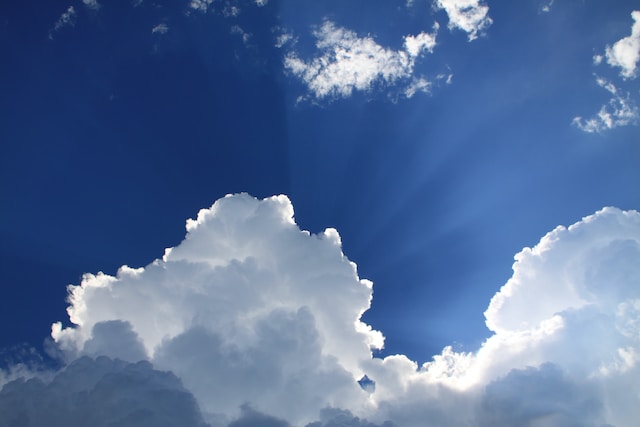Introduction: Stargazers and celestial enthusiasts, brace yourselves! This weekend promises a celestial spectacle as the annual Leonid meteor shower graces our night sky. In this comprehensive guide, we’ll delve into the wonders of the Leonids, exploring their origin, peak viewing times, and tips to make the most of this dazzling cosmic event.
The Dance of the Leonids: A Celestial Ballet in the Night Sky
The Leonid meteor shower, an annual event caused by the debris left behind by Comet Tempel-Tuttle, offers a breathtaking display of shooting stars. As Earth passes through this cosmic debris trail, the particles ignite, creating a mesmerizing celestial dance.
When and Where to Look for the Leonids
Timing is key to witnessing the Leonids at their best. Head outside in the early hours of [insert date] during the pre-dawn hours when the sky is darkest. Find a location away from city lights, preferably in a rural area with a wide, unobstructed view of the sky.
Meteor Magic: What to Expect During the Show
Once you’re settled in a prime viewing spot, let the magic unfold. On average, the Leonids produce around 10 to 15 meteors per hour, but during peak years, this number can skyrocket to hundreds. The meteors radiate from the constellation Leo, adding an extra layer of astronomical delight.
Tips for an Optimal Leonid Meteor Shower Experience
- Get Cozy: Bring a comfortable chair or blanket to recline on while you enjoy the show.
- Patience is a Virtue: Meteor showers are unpredictable, so be patient and allow your eyes time to adjust to the darkness.
- Avoid Light Pollution: Opt for a location far from artificial lights for the clearest view.
- Dress Warmly: November nights can be chilly, so layer up to stay warm and comfortable.
- Bring Snacks: A thermos of hot cocoa or your favorite snacks can add a touch of coziness to your meteor-watching experience.
The Science Behind the Leonid Meteor Shower
Delving into the scientific aspects, the Leonids occur when Earth intersects the debris trail of Comet Tempel-Tuttle. As these tiny particles collide with our atmosphere at high speeds, they heat up and create the luminous streaks we observe as meteors.
Historical Highlights: Famous Leonid Meteor Showers Through the Ages
Throughout history, the Leonids have graced our skies, leaving lasting impressions. Notably, the meteor storms of 1833 and 1966 stand out, with observers reporting hundreds or even thousands of meteors per minute. Such events capture the imagination and serve as reminders of the unpredictable beauty of the cosmos.
Capturing the Leonids: A Photographer’s Guide
For photography enthusiasts, the Leonids offer a unique opportunity to capture the beauty of the night sky. Use a camera with manual settings, a wide-angle lens, and a sturdy tripod. Set your exposure time for a longer duration to increase your chances of catching a meteor streak.
Conclusion: As we anticipate the celestial spectacle of the Leonid meteor shower, remember to embrace the magic of the universe. Whether you’re a seasoned stargazer or a first-time meteor enthusiast, this weekend’s show promises to be a captivating experience that connects us to the vast wonders of space.
FAQs:
- Q: What causes meteor showers like the Leonids? A: Meteor showers occur when Earth passes through the debris trail left by a comet, and the debris burns up in our atmosphere.
- Q: Can I watch the Leonid meteor shower from anywhere on Earth? A: Yes, the Leonids are visible from both hemispheres, making it a global event.
- Q: How can I enhance my meteor-watching experience? A: Find a dark, open area away from city lights, bring blankets or chairs for comfort, and be patient.
- Q: Are meteor showers dangerous? A: No, meteors burn up in the Earth’s atmosphere and pose no threat to safety.
- Q: Can I observe the Leonids without any special equipment? A: Yes, the naked eye is the best tool for meteor watching. No telescope or binoculars are required.






